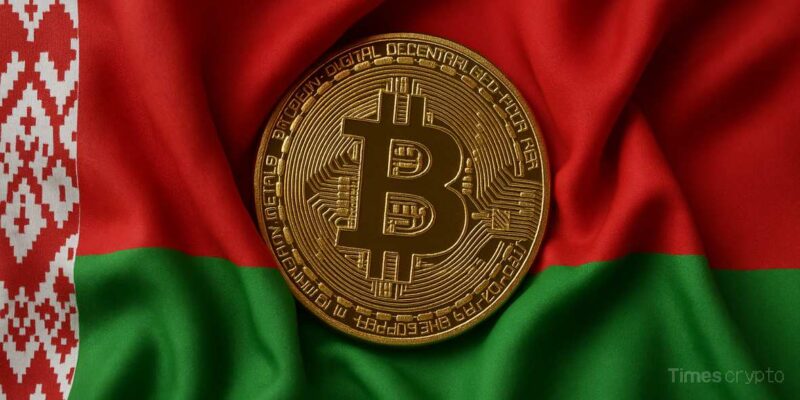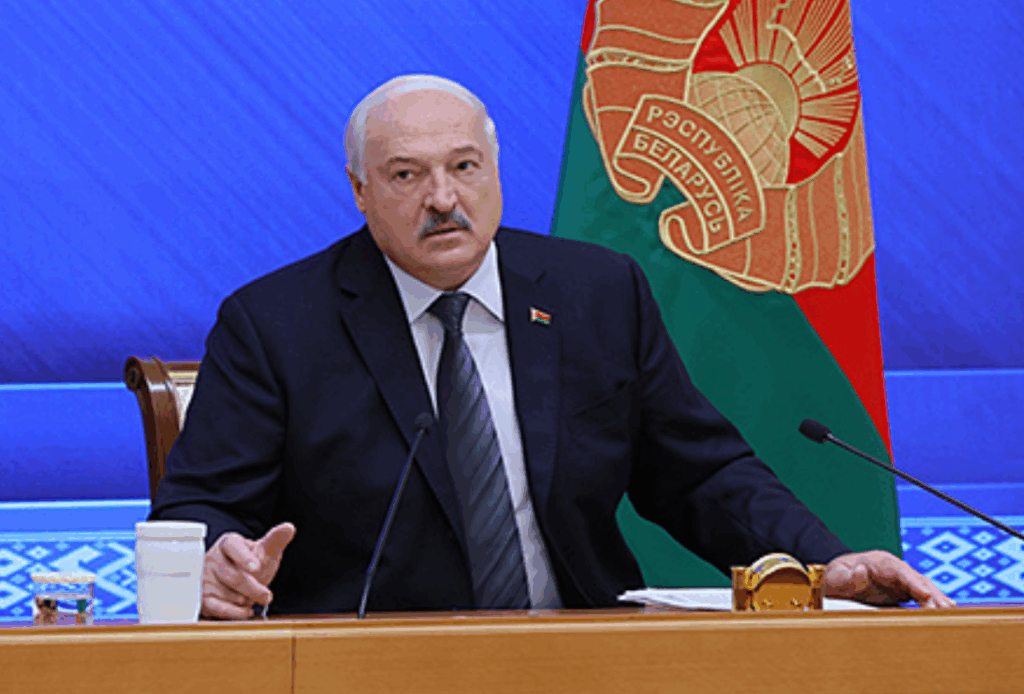
Key Takeaways:
- President Lukashenko gives orders for Belarusian Banks to Expand Crypto and Tokenization to bypass current international sanctions.
- Crypto exchanges in Belarus have already processed $1.7 billion in external payments in 2025, estimating up to #3 billion by the end of the year.
- The call to action includes the need to develop domestic digital banking technologies and implement stricter regulations for the growing crypto market in the country.
Table of Contents
A Strategic Response to Economic Isolation
In an important move to overcome Western economic sanctions, Belarusian President Alexander Lukashenko has officially ordered commercial Belarusian banks to expand crypto and tokenization. The purpose of the order is to provide alternative payment channels, as traditional international payment systems are cut off and become increasingly restricted. This is a strategic turn toward digital assets to ensure the continued viability of the state’s economy.

Faced with what he referred to as “unprecedented, draconian sanctions,” Lukashenko convened the National Bank and bank chiefs to establish a new digital-first policy.
The president noted that the current economic pressure demands innovative solutions, noting that the role of crypto in ensuring payments is “growing more than ever.” The call for Belarusian banks to expand crypto and tokenization is not merely exploratory in scope but constitutes the very foundation of the country’s effort to maintain its economic sovereignty as well as enable vital international trade.

Building on an Established Foundation
Belarus is not starting from a clean slate. The country has an already relatively friendly regulatory environment for cryptocurrencies, beginning with a 2018 decree that legalized some crypto activities. This new order aims to build on those efforts to bring digital assets into the existing banking framework, but with an overarching emphasis on the need for transparency and proper regulation to manage the rapidly growing market, which already sees crypto exchanges as a key channel for foreign payments.
Implications for the Global Crypto Space
This move establishes Belarus as one of the first countries to clearly ask its traditional banking system to adopt available crypto on a major scale to resist geopolitical isolation. It also illustrates that digital assets are increasingly being seen as potential strategic instruments for economic resilience. The success or failure of this order will be watched closely by other countries in similar sanctioned positions and could lay a framework for national-level integration with crypto.
A Digital Forward Leap with High Stakes
Lukashenko orders Belarusian Banks to Expand Crypto and tokenization is an extreme recognition of crypto’s ability to disrupt international finance. Belarus is undergoing a critical test with the adoption of this technology, which could either lead to a banking re-evolution or essentially shape its economic future through crypto.
Final Thought: Will Belarus’s forced crypto integration serve as a model for sanctioned economies or reveal the risks of linking national finances to volatile digital assets?
FAQs
Why are Belarusian banks to expand crypto and tokenization?
To create alternative payment channels and bypass severe Western economic sanctions that restrict its access to the global financial system.
Is crypto already popular in Belarus?
Yes. The nation has had pro-crypto regulations since 2018, and exchanges have already processed billions in transactions this year.
What does “tokenization” mean in this context?
It refers to banks creating digital tokens that represent real-world assets (like commodities or currency) to facilitate faster and more efficient settlements.
For more crypto adoption stories, read: RAKBANK Makes History as First UAE Bank to Offer Retail Crypto Trading


